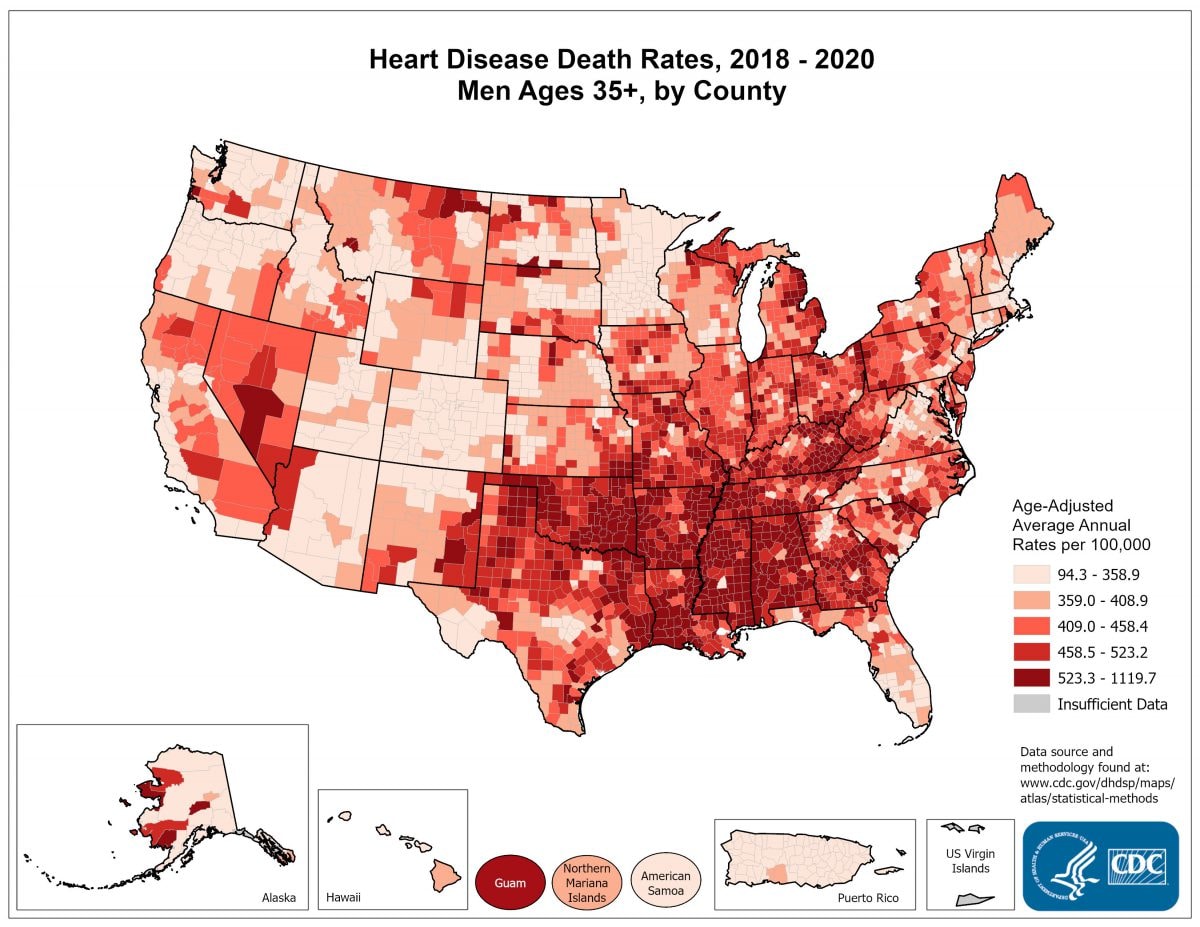The smart Trick of Best Cardiologist In Leesburg, Fl That Nobody is Talking About
Table of ContentsUnknown Facts About Heart Specialists Near MeThe Definitive Guide to Cardiology Near MeThe Facts About Florida Female Cardiologist Revealed
If you buy something through a link on this page, we may earn a small commission. How this works.When a person has diabetes, they have high levels of blood sugar. Managing these levels can reduce the risk of excess blood sugar causing damage across the body. If glucose levels remain high, many health issues can arise.With diabetes, the body either does not make enough insulin or cannot use the insulin that it has effectively. It comes from the food people eat. The hormone insulin helps the cells of the body to convert glucose into fuel.Getting an early diagnosis and following a treatment plan that involves regular medical care, lifestyle changes, and medication can help limit the effects of diabetes.This article looks at some of the long-term complications of diabetes and how to prevent them.Find out here how to recognize the common symptoms of diabetes.High blood glucose levels can cause damage to all parts of the cardiovascular system.
It comes from the food people eat. The hormone insulin helps the cells of the body to convert glucose into fuel.Getting an early diagnosis and following a treatment plan that involves regular medical care, lifestyle changes, and medication can help limit the effects of diabetes.This article looks at some of the long-term complications of diabetes and how to prevent them.Find out here how to recognize the common symptoms of diabetes.High blood glucose levels can cause damage to all parts of the cardiovascular system.This can lead to a reduced supply of blood and oxygen, increasing the risk of high blood pressure and damage to large and small blood vessels.High blood pressure is a risk factor for heart disease. According to the Centers for Disease Control and Prevention (CDC), 74 percent of adults with diabetes have hypertension.Damage to large blood vessels is known as macrovascular disease, while microvascular disease refers to damage to small blood vessels.Complications from macrovascular disease include:Microvascular disease can lead to problems with the:eyeskidneysnervous systemA person with diabetes can reduce the risk of cardiovascular and circulatory problems by:managing blood sugar levelsmanaging blood pressure and lipidsusing prescription medications, such as statin drugs, to lower cholesterolmonitoring blood pressureexercising regularlyeating a fiber-rich dietBlood pressure monitors are available to buy online.For some people with type 2 diabetes, current guidelines recommend that doctors prescribe the following:sodium–glucose cotransporter 2 inhibitors (SGLT2)glucagon-like peptide 1 receptor agonists (GLP-1 RA)These drugs can reduce the risk of high blood sugar and, therefore, cardiovascular disease.
The Buzz on Best Cardiologist Near Me
This is due to a low supply of blood, oxygen, and nutrients.A person with diabetes should check their skin regularly for wounds and see their doctor if they have any signs of read this article an infection, including redness, swelling, or fever.A person with diabetic neuropathy can experience pain the hands and feet.Neuropathy, or nerve damage, is a common complication of diabetes.According to the CDC, symptoms are most likely in people who have had diabetes for 25 years or more, but it can happen much sooner as well.Neuropathy can affect any part of the nervous system, including the nerves that control autonomic or involuntary functions, such as digestion.However, the most common form is peripheral neuropathy.
Combined with poor circulation, this can lead to severe complications.If a person does not notice a blister on their foot, for example, an infection can develop and worsen quickly. Poor circulation contributes to this. Ulceration and tissue death can result, and amputation may be necessary in some cases.Find out more here about how diabetes affects the feet.Over time, high blood sugar levels can damage blood vessels in the kidneys. cardiology Leesburg.
 In time, kidney failure can result.The NIDDK describe diabetes as one of the main causes of kidney disease. It affects 1 in 4 people with diabetes.Diabetic nephropathy is kidney disease that affects people with diabetes (cardiology consult). Learn more here.Diabetes increases the risk of a number of eye problems, some of which can lead to vision loss.Short-term problems include blurred vision, due to high blood sugar.
In time, kidney failure can result.The NIDDK describe diabetes as one of the main causes of kidney disease. It affects 1 in 4 people with diabetes.Diabetic nephropathy is kidney disease that affects people with diabetes (cardiology consult). Learn more here.Diabetes increases the risk of a number of eye problems, some of which can lead to vision loss.Short-term problems include blurred vision, due to high blood sugar.Unknown Facts About Florida Female Cardiologist
Symptoms can range from mild to severe (heart specialists near me).Problems include a higher chance of:dry skinskin tagsdark patches of skin, known as acanthosis nigricansbacterial infections, such as styes or boilsfungal infections, such as thrush or athlete’s footitchingdiabetic dermopathy, which involves harmless but potentially bothersome roundish, brown, scaly patchesblistersStudies have also found links between the incidence of type 2 diabetes and psoriasis.Ulcers can develop if a skin infection becomes severe.
NLD is a rare condition that may need treatment if the sores open.A person with high blood sugar levels may also have high levels of triglyceride, or fat, in the blood. This can lead to eruptive xanthomatosis, a rash of reddish-yellow lesions called xanthomas that can also be a warning sign for pancreatitis.Calluses, foot sores, and dry skin can also pose problems.
Without attention, a foot ulcer can become dangerous, possibly resulting in the need for an amputation.Learn more here about how diabetes can lead to skin problems. cardiologist Leesburg, Fl.Metabolism is the process by which the body converts nutrients into energy. Disruption to this process can lead to various complications, some of which can be life-threatening.Diabetic ketoacidosis (DKA) is an acute, life-threatening diabetes complication.